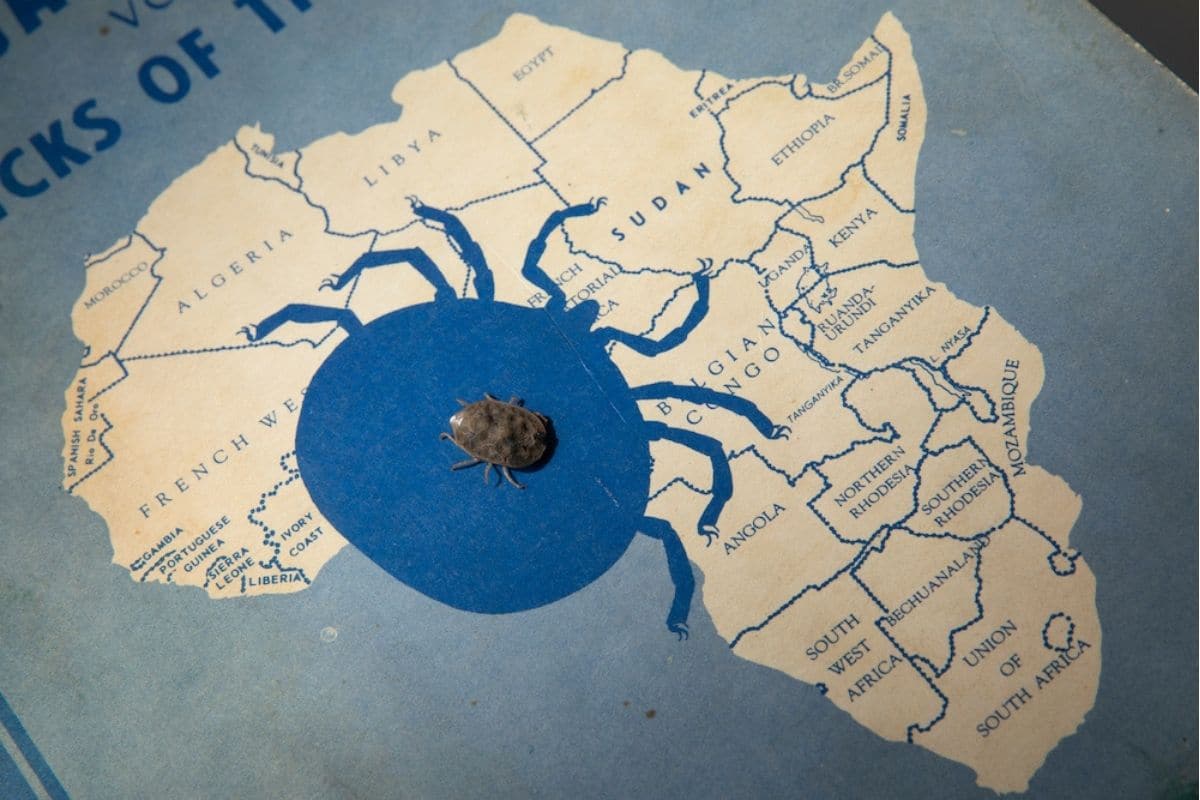

The ticks can go without food for at least eight years. And 27 years later, the descendants of the original group are still alive.
All life forms need food to survive. But it turns out that a special tick species can survive for a very long time without food. In all, the African ticks had not been bitten in eight years. Still, the critters held their ground.
present
Researcher Julian Shepherd discovered the longevity—and, for that matter, the prodigious reproductive capacity (more on that later)—of the tick species Argas brumpti† He was given six adult females, four males and three nymphs as gifts in 1976 and decided to observe them in his lab. The ticks fed on the blood of rabbits, mice and rats. Until 1984, when Shepherd stopped feeding the ticks and stopped feeding them.
A. brumpti is a so-called ‘soft’ tick species that occurs in eastern and southern Africa. While the more common tick species have fairly hard skin, A. brumpti’s is soft and leathery. In addition, the biggest difference between the two is their eating habits. A. brumpti ticks swell less, eat faster and more often. But when Shepherd ran out of lab rabbits, mice and rats for the ticks to feed on, their ability to survive on longer breaks between meals proved greater than he could ever have imagined.
However, the ticks proved particularly unruly. Because although the ticks were no longer fed, the last male did not die until four years later. The females even survived for four more years. It means the African ticks are capable of going up to eight years without food, something that has never been seen before. When Shepherd fed the unruly females again, he discovered another surprising feature of A. brumpti†
Reproducing ability
The creatures appear to have a fairly impressive reproductive capacity. At least one of the females spontaneously laid eggs after the last male had died. Shepherd suspects the female has stored viable sperm in her body. And that for a record-breaking period compared to other tick species.
Offspring
The batch of eggs contained male and female offspring that are still alive 27 years later. And that’s special. Shepherd could never have imagined that the original group of ticks he was given as a gift in the 1970s would survive into the next century and produce offspring that reproduce today.
Insight
The findings now published after 45 years of research in the Journal of Medical Entomology, according to Shepherd, provide important new insights. “I’ve always been fascinated by the adaptability of organisms to their environment,” he says. “In this case, a dry environment, with virtually no access to water and food. Exploring how organisms meet such challenges can provide insight into how other organisms, including us, can tackle similar challenges.”
According to the entomologist, further research could be done on the offspring to obtain more information about the survival chances of A. brumpti and the ability to save water and energy. For Shepherd, however, it stops here. The ticks are now being sent to scientists in South Africa for further analysis.
Source material:
†Ticks survive for 27 years in entomologist’s lab” – Binghamton University
Image at the top of this article: